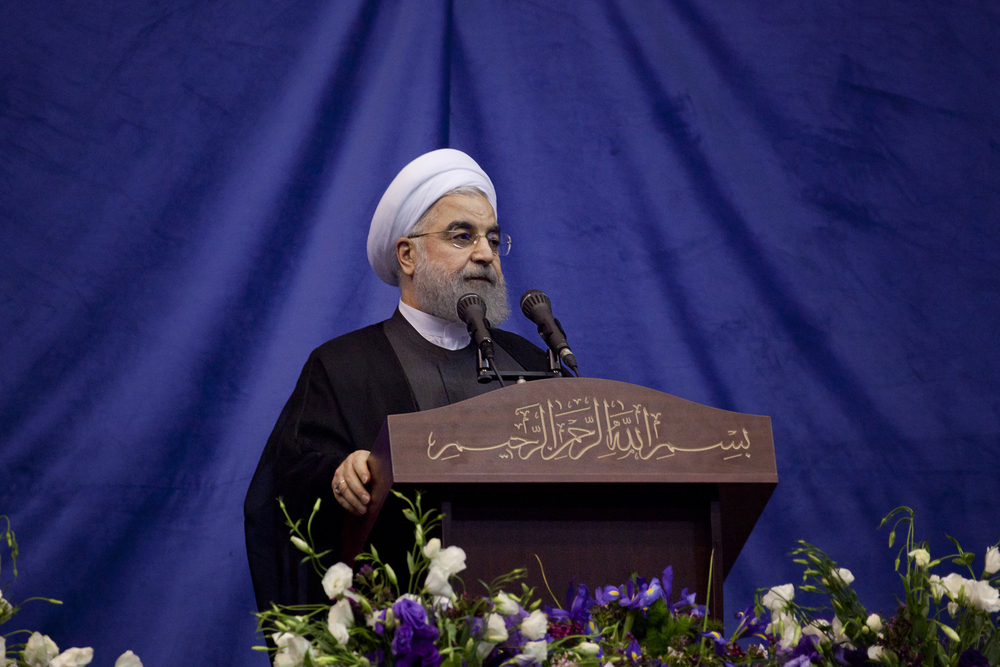Iran’s Government May Ban Telegram Over Its $1.7 Billion ICO

Messaging app provider Telegram has just concluded the second round of its record-setting initial coin offering (ICO), and Iran’s government is none too pleased.
The app — extremely popular in the authoritarian country — has long incurred the ire of government officials, particularly since it played an important role in enabling residents to organize a string of recent protests.
It appears that Telegram’s ICO, through which the company has raised at least $1.7 billion to develop a full-service blockchain ecosystem, may be the last straw.
US-based news outlet Al-Monitor reports that several government officials have publicly called for Telegram to be banned in the country, confirming rumors that had been circulating for several weeks.
Lambasting the company as an “enemy of the private sector,” Hassan Firouzabadi, secretary of the government’s High Council for Cyberspace, warned that the company’s new cryptocurrency will undermine the local economy if left unchecked.
“Telegram is not a dominant messenger in any country except for Iran,” Firouzabadi said on state television. “Telegram has officially announced that it will be used as an economic platform, and Telegram will undermine the national currency of Iran.”
“We cannot allow [Telegram’s virtual] currency to enter the country,” he continued, reportedly adding that its presence could lead to as much as $50 billion being funneled out of the country.
That said, the proposal does not have universal support among Iranian officials. President Hassan Rouhani, a moderate, reportedly declared his opposition to the ban in a meeting with other high-ranking officials.
“Nobody is opposed to breaking Telegram’s monopoly [in Iran], but blocking Telegram is not the solution for creating [and enhancing] local messaging applications,” he reportedly said.
Notably, Iran is also reportedly researching blockchain technology and considering launching its own state-backed digital currency, a move it believes could help it evade international economic sanctions. Previously, Iran had expressed an openness to Bitcoin and other decentralized cryptocurrencies, though the government has walked back those comments in recent months.
Featured image of Hassan Rouhani from Shutterstock.